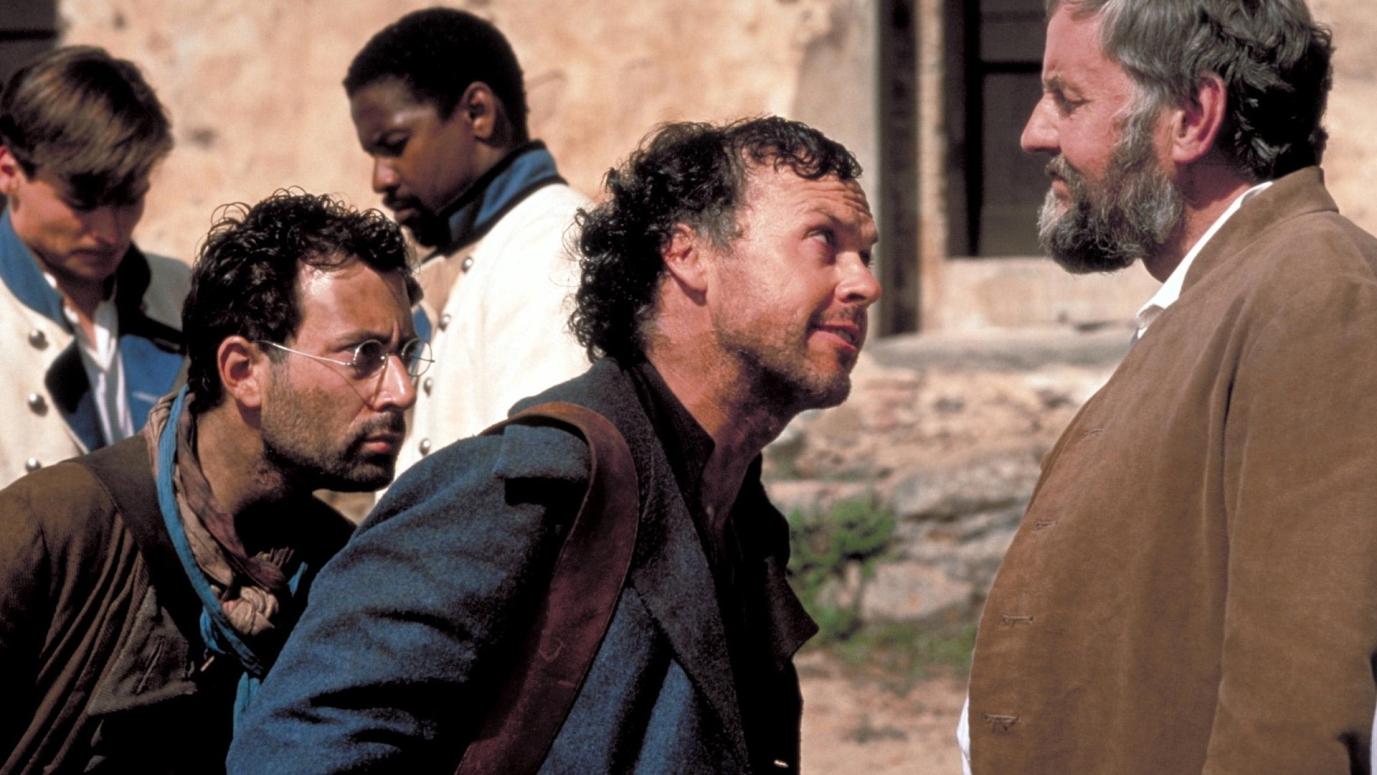Love's Many Facets in "Much Ado About Nothing"
William Shakespeare's "Much Ado About Nothing" is a delightful comedy that explores the complexities of love in all its forms. From the witty banter of Beatrice and Benedick to the passionate romance of Claudio and Hero, the play delves into the many facets of love, both joyful and sorrowful. This article will examine the theme of love in "Much Ado About Nothing," exploring how Shakespeare uses various relationships and conflicts to convey the universality and enduring power of love.

Love As A Source Of Joy And Fulfillment
- Beatrice and Benedick: The central romantic relationship in the play, Beatrice and Benedick's initial animosity gradually transforms into mutual love. Their witty banter and playful interactions highlight the joy and fulfillment that love can bring.
- Claudio and Hero: Claudio and Hero's relationship is passionate and idealistic. Their love for each other brings them immense happiness and fulfillment, despite the challenges they face.
Love As A Source Of Conflict And Misunderstanding
- Claudio and Hero: The false accusations against Hero and the resulting conflict highlight the devastating impact that jealousy and deception can have on love.
- Beatrice and Benedick: Beatrice and Benedick's initial animosity and refusal to admit their feelings for each other create conflict and misunderstandings.
Love As A Test Of Character
- Benedick and Beatrice: During the play, Benedick and Beatrice's love for each other is tested by the false accusations against Hero and their own pride. Their loyalty and devotion to each other ultimately lead them to overcome these obstacles.
- Claudio: Claudio's love for Hero is tested when he is deceived into believing that she is unfaithful. His willingness to forgive her and reconcile with her demonstrates the strength of his love.
Love's Triumph Over Adversity
- The Resolution of Conflicts and Misunderstandings: The truth is eventually revealed, the false accusations are cleared, and Claudio and Hero are reconciled. This resolution highlights the power of love to overcome adversity.
- The Celebration of Love and Marriage: The double wedding at the end of the play symbolizes the triumph of love over conflict and adversity. The festive atmosphere and joyful mood of the final scene emphasize the transformative power of love.
"Much Ado About Nothing" is a timeless exploration of love's many facets. Through its diverse characters and intricate plot, the play delves into the complexities of love, revealing its capacity for joy, conflict, and ultimately, triumph. Shakespeare's masterful storytelling and insightful observations on human nature ensure that the play's themes remain relevant and relatable to audiences of all ages.
YesNo

Leave a Reply